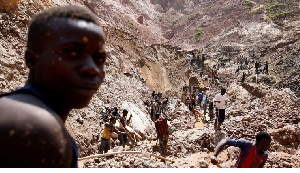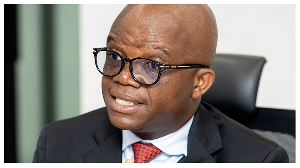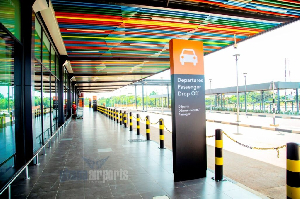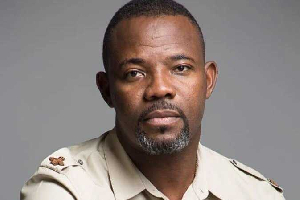Democratic Republic of the Congo’s President Félix Tshisekedi has been speaking in ambitious terms lately. He wants to create some 6.4 million jobs during his second term in office; that is about 1.3 million jobs per year.
And he is turning to mining; the country’s biggest export. The country’s value of untapped minerals is estimated to be $24 trillion and could create massive jobs if the metals are not stolen.
The inspiration, or challenge, is from pale figures from his own ministries of Labour, as well as the World Bank. It is estimated that seven in every ten Congolese youth leaving college can’t find jobs and youth unemployment rate (for those aged 15-24) is 35 percent. Most of those who find work end up in agricultural, civil service or informal sector, data shows although some social commentators have argued the rate could be worse given DRC’s security problems.
President Tshisekedi must first run the minerals better and reduce exploitation by foreign firms. When he came to power, Mr Tshisekedi pledged to create a middle class in the country, which is one of the five poorest nations in the world, according to the World Bank.
His strategy now is to impose Congolese subcontracting, as required by law, in order to create wealth around the flourishing activities of mining companies.
The Congolese mining regulator, Autorité de régulation de la sous-traitance dans le secteur privé (ARSP), is charged with enforcing that. In January, ARSP Director General Miguel Katemb courageously took steps to force gold mining company Kibali Gold to comply with the law.
In February this year, Kibali Gold and the ARSP almost came to blows over a report by ARSP investigators, who listed the company, a joint venture between Canadian firm Barrick and South African Anglo Gold, and Congolese State-owned company Sokimo, as one of the mining companies that had violated subcontracting legislation in of Haut-Uéle province, in the north-east of the DRC.
At the end of February, ARSP and Kibali Gold for the Barrick Group finally signed a deed that put an end to the disputes arising from the conclusions of the ARSP mission on compliance with the regulations of the law on subcontracting.
“We have signed this transactional agreement, which stipulates that all 394 contracts must remain in the DRC, and we are asking our people to have confidence in the Head of State, and it’s not the ARSP that’s going to publish the invitations to tender, it’s Kibali that’s going to put them out on the ARSP website, and together with the Congolese Federation of Enterprises, we’re also going to help Kibali make a selection,” said Miguel Katemb.
“It is up to us to accept our mistakes and correct them. DG Katemb’s fight is a noble one, and we must support him because it is in line with the vision of the Head of State,” acknowledged Cyril Mutombo, managing director of Kibali Gold Mine, which says it has invested a total of $4.4 billion in the DRC since 2009.
The protocol signed by Kibali and the ARSP has opened up market opportunities to local entrepreneurs, markets that were previously held mainly by non-Congolese companies.
Africa News of Monday, 15 April 2024
Source: theeastafrican.co.ke

















